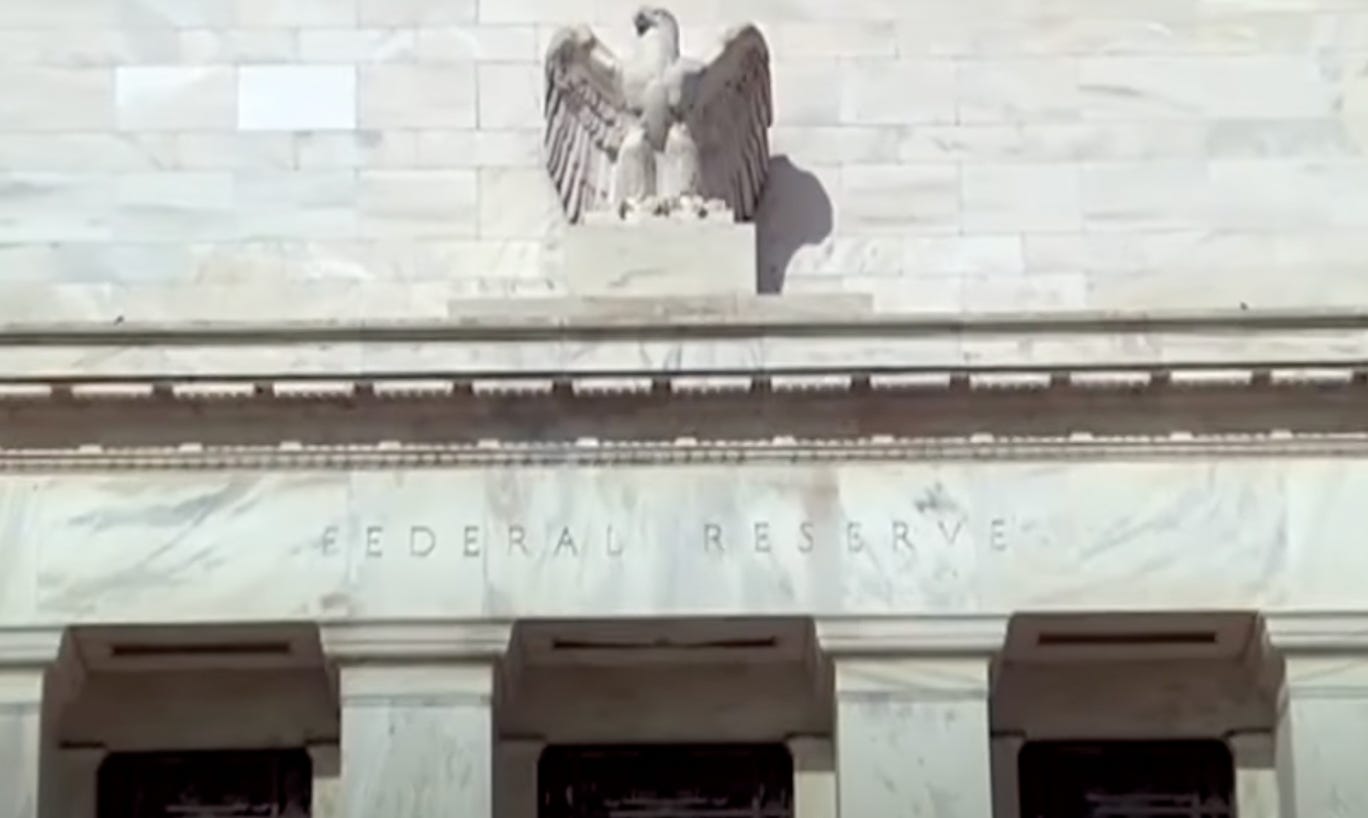Inflation Hurts the Poor
You feel it when you go to the grocery store, you feel it when you’re buying everyday items, you’re even seeing it on the menu when you go out to eat. Inflation is hitting the average American harder than I’ve ever seen at least in my lifetime. Friends and family who wouldn’t typically ever say the word “inflation” are now starting to understand that fancy term “quantitative easing” isn’t easing the cost of things, it is making everything harder.
As runaway inflation continues to burden the American people, it is reaching a point where the mainstream media continues picking up the slack for the Biden administration and the Fed, as they can’t keep playing this game on easy mode by pretending that the effects of inflation aren’t causing disastrous effects on every single one of us.
Pundits across the board are playing an Orwellian doublespeak tactic on us, and are even actively trying to convince the dumbest among us that inflation is actually a benefit for poor people.
Let me write that again so you don’t think you’ve gone crazy- they are actually trying to say that inflation is a benefit for poor people. Let it sink in and remind you how little the mainstream press things of you.
But let their words speak for them. Allison Morrow at CNN stated:
“But on the whole, inflation can actually be a good thing for many working-class Americans, especially those with fixed-rate debt like a 30-year mortgage. That's because wages are going up, which not only empowers workers but also gives them more money to pay down debt. Plus, in the case of a mortgage, your monthly payment will be the same but your house will increase in value. And many of the people taking a bath when prices rise are higher-net worth people who hold the vast majority of government bonds.”
This is the same logic that said that things were great when we got to save fourteen cents on cookouts on Independence Day this year. This is pure mental gymnastics and the only way to shift the goal posts so things don’t appear as insane as they really are.
We need only remember what Ludwig von Mises had to say about this. Mises said that “Inflation and credit expansion, the preferred methods of present day government openhandedness, do not add anything to the amount of resources available. They make some people more prosperous, but only to the extent that they make others poorer.”
Enter the Cantillon effect, named after the Franco-Irish economist Richard Cantillon, who saw the inflationary effects of the fiat money system under John Law at the outset of the eighteenth century. The Cantillon Effect shows how the first recipients of the newly created money see their incomes rise, while the last recipients of this money experience diminishing purchasing power as price inflation materializes.
But you won’t ever hear anyone in the liberal press talk about this. They’ll be blaming capitalism for continued worker shortages, they talk about taxing the rich some more, and even try to say that this allows the opportunity for wage increases.
I hope you saved your fourteen cents over the summer, you can show the pennies to your grandchildren to show them a time when we actually thought money was real.




